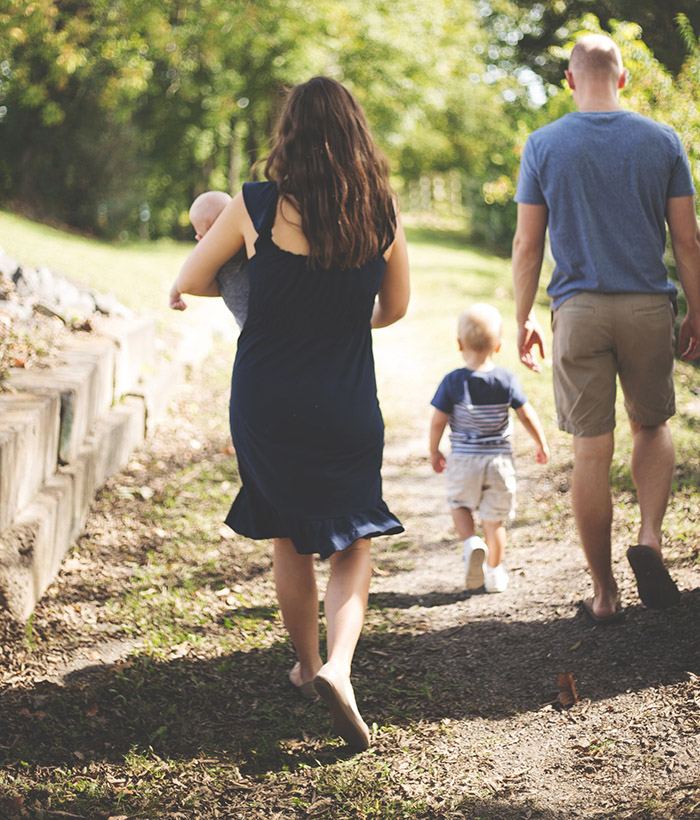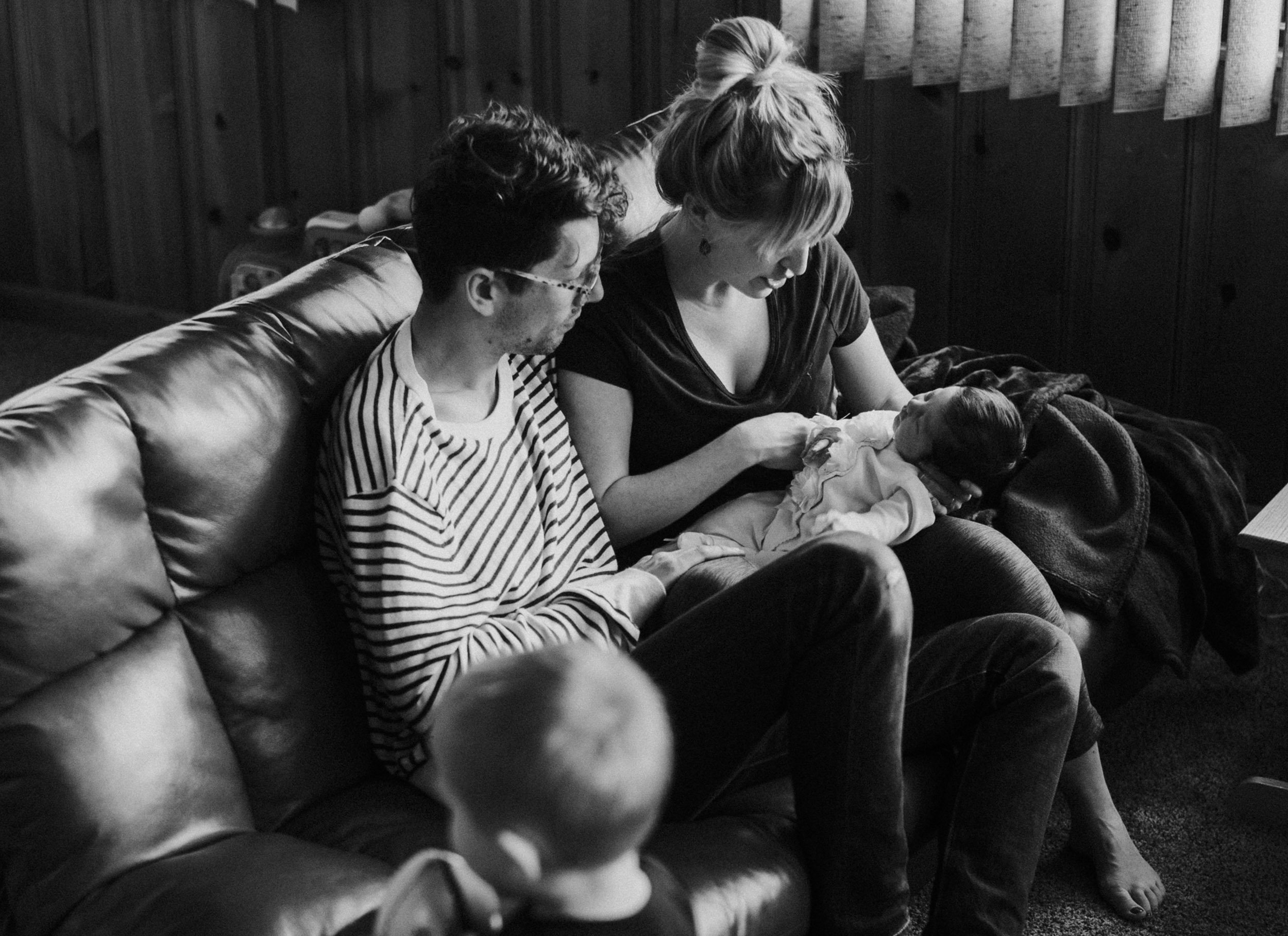How to Co-Parent When Your Man is Locked Up
Raising kids is a challenging, and co-parenting is an even greater challenge. Put one of the parents in prison, and it sounds like a Mission Impossible assignment. In many ways, it is impossible to co-parent in the traditional sense of partnering. However, with a little ingenuity and a lot of creativity, it can be done.
Kids need both of their parents involved in their lives.
It is one of the biggest reasons incarceration is such a travesty for families. Too many of our children in the US become fatherless when their daddies go to prison. The hardships of parental incarceration can deliver a fatal blow to the family unit. The financial, emotional, and social costs are often more than the other parent can afford. Not many families make it through a prison experience still intact.
It takes hard work and dedication to build a stronger family in spite of prison.
But, it CAN be done! You must decide to make your family one of the few that makes it out stronger, healthier, and happier. If that is what you want, you will need to make sure you are functioning as a family even while he is locked up. I don’t mean just talking about how Daddy is still a part of the family, I mean making sure he really IS still an active part of the family by working with him to co-parent in spite of the incarceration.
Co-parenting just means that you are working together to accomplish the same goal: to raise healthy children who become healthy adults in every way. There are waaaayyyyy too many couples out here in the free world who can’t, or won’t, work together to raise their children. So, it may seem ridiculous to you to think that you would be able to effectively co-parent with your husband locked up. But you can and you must.

Co-parenting Defined: Working together to accomplish the same goal
One of the most important parts of co-parenting is the “co” part. Those 2 letters indicate a partnership, a mutual investment, and a mutual risk. If only one of you is deciding how to raise your kids, doing all of the work, and taking all of the risks, then that is NOT co-parenting. Working together for the best interests of your children helps them adjust better to both the incarceration (dad is still involved in their lives) and to the reentry when he comes home. It also creates a new and stronger commitment between you and the father of your children. It is so worth the investment!
When Ron was in prison, I had to fight the urge to just do everything myself when it came to raising our sons. It was quicker to just make all the decisions myself. But after I made a couple of decisions that did not turn out as well as I had thought they would, I realized that Ron had a different vantage point and could see things I could not see. I made a promise to myself that I would not rob my sons of the wisdom and influence of their father in their lives, read more.
Rules for co-parenting
In order to co-parent effectively, we had to agree on some basic ground rules. Here were our ground rules:
- If it was urgent, I would make the decision and Ron would support me in it even if he would have done it differently. This helped me not second guess myself. I could make a decision with confidence and authority because I knew I would have Ron’s support.
- If it would cost us more than $50, Ron and I had to talk about it and agree on it. This turned out to be a great one for us to stay on budget. With this rule, either the boys lost interest by the time I talked to Ron about it, Ron was able to be the voice of reason, or we agreed to make the purchase together. It gave me peace when money was so tight that I was not being frivolous with our money.
- If the decision would affect our children for more than 48 hours, we had to discuss it and agree on it. These decisions included mission trip opportunities, moving, schooling, camps, and other opportunities that made a big impact on our kids. Having Ron involved caused the boys to see him as a concerned father with authority in their lives. Before I could say it, they would often say, “we need to talk to Dad about….”
- If the kids got into trouble that required more than verbal correction, we would agree on the level of lost privileges they would get. I was so grateful for the time this rule granted me to calm down. It stopped me from imposing some ridiculous punishment like, “you are grounded for life!” Waiting to talk with Ron always made the correction a calm, matter of fact decision.
- I would keep him informed about their lives. This included the challenges they were facing, the struggles, and their dreams as they shared them. This was so important because if Ron didn’t know what was happening, he couldn’t do his job of providing feedback or input that was relevant. Staying up to date with the ever-changing lives of children is a challenge when you live with them. If we don’t fill in the gaps for the incarcerated father, he won’t be able to understand the full picture.
If we can do it, so can you!
We used this system of decision-making for the entire time Ron was in prison. It helped keep Ron connected to the kids and to life out here. He was able to provide direction and have a presence in his children’s lives in spite of being in prison. To learn more about how to communicate with your partner in prison, read this.
If we can do it, you can do it! Find a way to co-parent together. Start by using the rules we had, and you will find what works best for your family.
I am rooting for you!
Cathy

